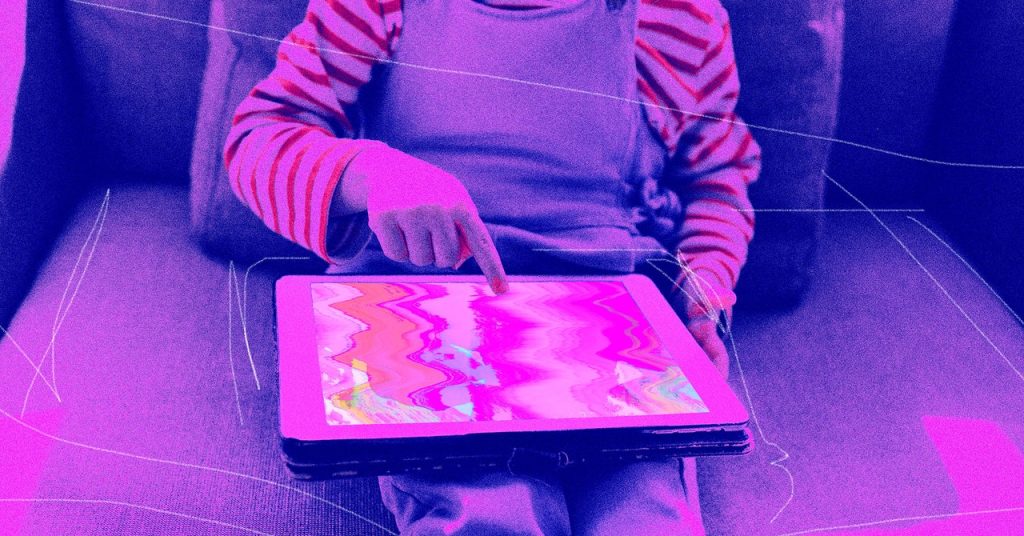The Rise of AI-Generated Kids Content on YouTube
Tutorials Promise Easy Money with Automated Videos
A new trend is emerging on YouTube: tutorials claiming that creating AI-generated videos for kids can lead to substantial income. These guides offer step-by-step instructions on using tools like ChatGPT, ElevenLabs, Murf AI, and Adobe Express to automate the production of simple animations in just a few hours. Some tutorials even suggest the potential to earn millions of dollars or tens of thousands per month through this approach.
Identifying AI-Generated Content Targeting Young Viewers
The Zero Byte investigated several YouTube channels that appear to be using AI to create content for children. Deepfake detection startup Reality Defender analyzed samples from these channels and found evidence of AI-generated scripts and voices. For example, the channel “Yes! Neo” has amassed over 970,000 subscribers and regularly publishes new videos that garner millions of views. Another channel, “Super Crazy Kids,” produced by a company in India, has over 11 million subscribers and incorporates AI tools into its animated videos, which are often labeled as educational.
YouTube’s Stance on AI-Generated Content
YouTube is currently developing new policies for AI-generated content but does not plan to significantly restrict it. The platform will soon require creators to disclose when they upload videos containing realistic altered or synthetic material, including content aimed at kids and families. However, YouTube will primarily rely on voluntary disclosure rather than proactively seeking out and labeling AI-generated content.
Concerns About the Impact on Children
Neuroscientist Erik Hoel expressed concern about the potential consequences of exposing young children to AI-generated content:
All around the nation there are toddlers plunked down in front of iPads being subjected to synthetic runoff, deprived of human contact even in the media they consume. There’s no other word but dystopian.
This warning echoes the “Elsagate” scandal of 2017, when disturbing videos targeting children were discovered on YouTube. While AI-generated content hasn’t reached the same level of concern, its creators seem to be pursuing a similar goal of attracting the attention of YouTube’s automated recommendations.
The Potential and Pitfalls of AI in Children’s Entertainment
Some mainstream children’s programs, such as PBS Kids, are exploring the use of AI to create interactive digital episodes. However, their approach involves using AI to guide pre-scripted character responses rather than generating content from scratch. When used thoughtfully, AI tools could be beneficial for children’s learning. Conversely, the rush to produce AI-generated content for quick profits may lead

5 Comments
AI-generated videos on YouTube could be the wolf in sheep’s clothing for our kids’ digital diet, couldn’t they
It’s time we ponder if our children’s screen time is introducing them to AI puppets instead of reality, right? -ThoughtfulParent89
ScreenWatcher: The eerie truth that your child might be conversing more with AI than with humans on YouTube is something to consider.
TechSavvyMom: Navigating YouTube with your kids now involves dodging AI traps, doesn’t it
TechTinker: Seems the line between digital entertainment and digital education for our kids is getting blurrier with AI stepping in, don’t you think